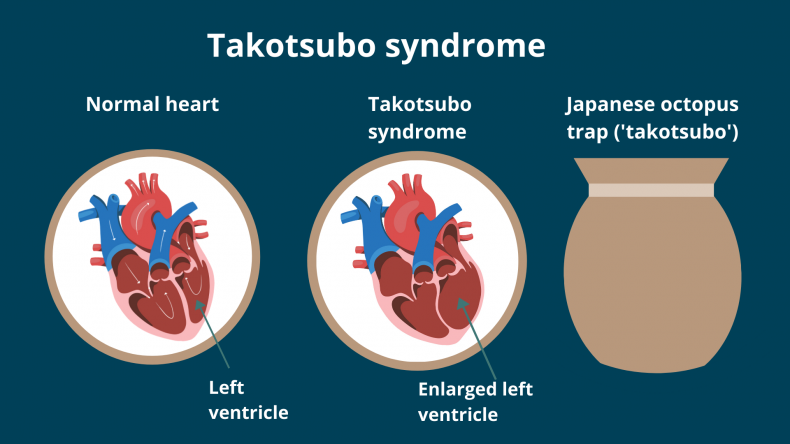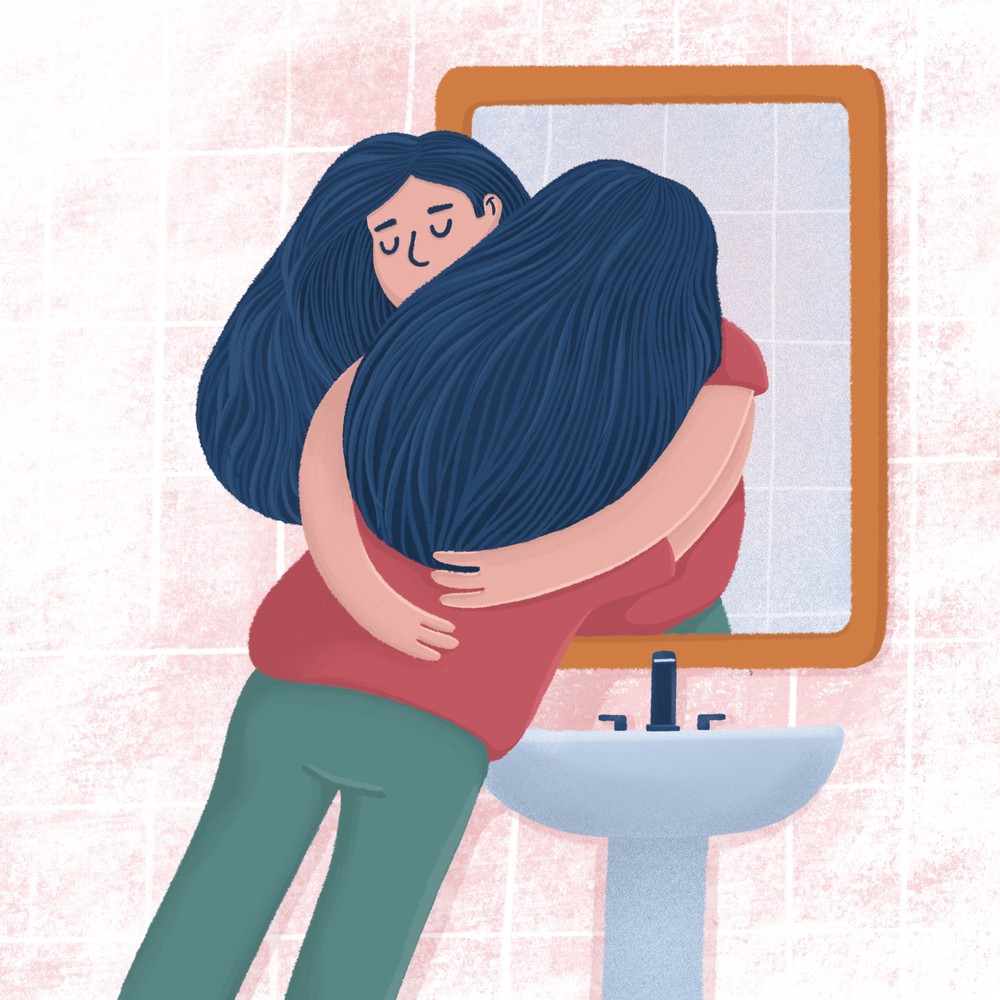
I am glad that I have been given a chance to share my health journey, one that’s been passed down through generations without my awareness. Recently, after experiencing a month-long incident, I discovered a disorder I didn’t know I had – Broken Heart Syndrome (also known as Takotsubo cardiomyopathy), a heart condition linked to emotional distress and related to epigenetic and autoimmune disorders.
Autoimmune disorders happen when our immune system mistakenly attacks our body. There are over 100 types, and they affect not only women but also men and even kids as young as nine. While there’s no cure, our mindset plays a big role in managing it.
Epigenetics is about how our environment affects gene expression, even though it doesn’t change our DNA. Traumatic experiences can lead to changes passed down through generations, affecting mental health and increasing the risk of conditions like depression.

Broken Heart Syndrome (also known as Takotsubo Syndrome) is a serious condition. It’s concerning how many of us in today’s society downplay our emotions, telling ourselves things like “I’m heartbroken over a breakup” or “I’m still grieving my late partner.” These thoughts have become all too common, even among young people who may feel overwhelmed to the point of wanting to end their lives. What’s even scarier is that while it may not seem immediate, these emotional burdens can wreak havoc on our bodies, leading to various illnesses and diseases over time.
I’ve been struggling with my thoughts for the past month, feeling overwhelmed by mixed emotions that I couldn’t resolve. I found myself wishing I could just get rid of all my feelings, even bargaining with a higher power to take them away. Little did I know, these thoughts were affecting my health, causing my hormones to shut down and disconnecting me from my inner self. It’s been twelve years since I last experienced Broken Heart Syndrome after my first breakup, and now it’s resurfacing. I’ve lost interest in the things I used to enjoy, and even my projects that I am handling are almost gone into the drain. It’s like my internal spark has gone out, leaving me feeling lifeless.
This is what I call true self-destruction, or what I’ve started calling “inner suicide.” Medication won’t fix it – only you can heal yourself.

The brain and the heart work closely together to control our bodies. They communicate through the autonomic nervous system, which helps regulate heart rate, blood pressure, and other heart functions. Emotions like stress or joy that the brain processes can also affect how well the heart works. Hormones released by the brain also help keep the heart healthy. Understanding how these two systems connect is important for our overall health and well-being.
I also want to emphasize that epigenetic and autoimmune disorders can affect heart health a lot. Epigenetic changes and autoimmune disorders can both have a big impact on how well your heart works. Epigenetic changes can affect things like inflammation and stress in your heart, while autoimmune disorders can cause ongoing inflammation that can lead to heart problems like atherosclerosis. Understanding how these factors are connected is really important for taking care of your heart.

To overcome this, I’ve adopted a few practices: positive self-talk, gratitude, spending time in nature, listening to music, and building supportive relationships. These simple steps have helped me regain control of my health, reminding me that healing starts from within.
I’m committed to my journey toward full recovery, working diligently on my thought habits and mindset. Since there’s no cure for autoimmune disorders, I believe our minds are the key to healing ourselves.
